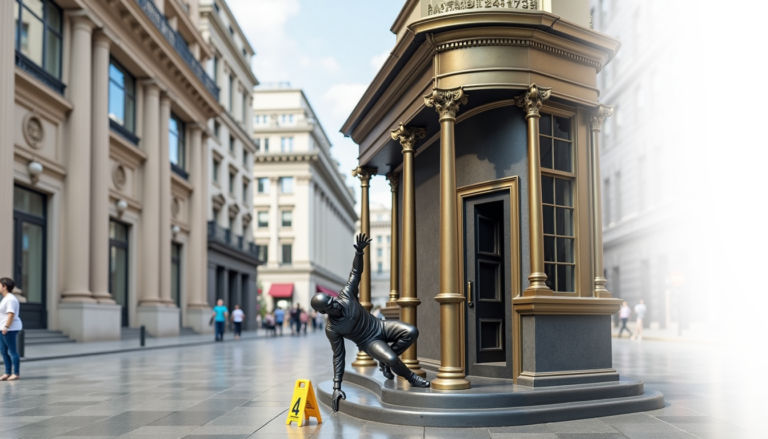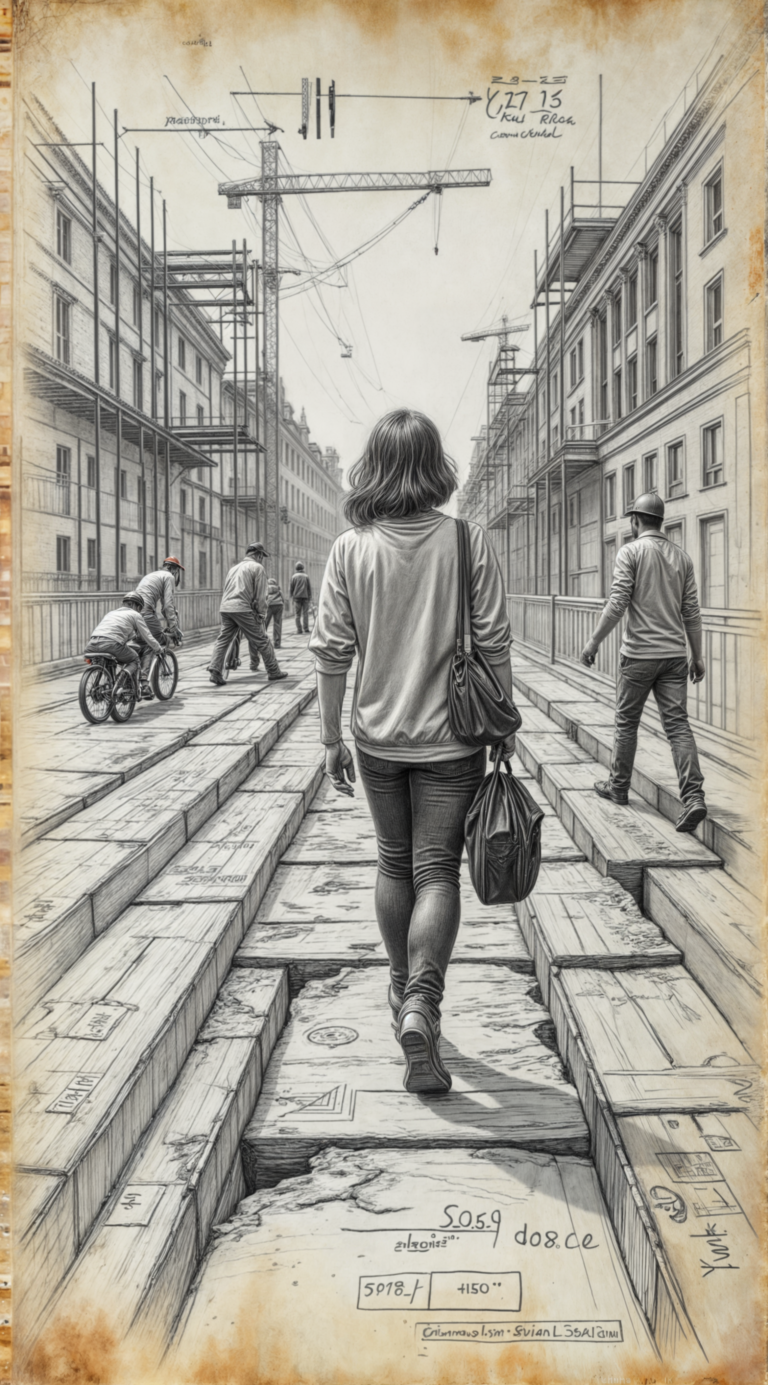
Premises Liability
If you are injured in a personal injury accident that occurs on the property of another, the owner, occupier, lessor, or controller of that property may be held legally liable for the injuries you sustained in the accident. This type of personal injury accident is referred to as a “premises liability” accident and as a victim, you may be entitled to compensation for your physical injuries and emotional trauma.
What Is a Premises Liability Accident?
Tort law is the broad area of the law that addresses injury to your person or property. Premises liability is a specific type of tort that focuses on injuries to your person or property while you are on the property of another. California premises liability law imposes a duty of care on a property owner, occupier, or controller to keep their property in a reasonably safe condition. This applies to both commercial property and private homes. Failing to do so can lead to liability if that failure results in injury to a visitor to the property. Unlike most states, California does not impose varying levels of the duty of care based on the status of the visitor (invitee, licensee, trespasser). Instead, the law requires the property to be kept in a reasonably safe condition without regard to the visitor’s status. The visitor’s status may be a factor, however, when considering if the property was maintained in a reasonably safe condition. For example, if the visitor is a trespasser who entered the property without permission, the owner’s legal obligation to keep the property in a reasonably safe condition would be viewed in light of the fact that the owner was not anticipating visitors to the property.
Examples of Premises Liability Accidents
The circumstances under which you could be injured while on the property of another are virtually endless; however, some of the most common ways in which you might find yourself to be the victim of a premises liability accident include:
- Slip and fall accidents
- Unsafe property or road conditions
- Landlord liability for tenant injuries
- Business customer accidents
- Inadequate maintenance or Security
- Defective Elevator, Escalator, or Stairs
- Amusement park accidents
- Construction site accidents
- Mold or other hazardous conditions
- Dog or animal attack on property
- Sidewalk trip and falls
- Supermarket accidents
- Swimming pool accidents
- Toxic fumes or chemicals
- Fire safety and building code violations
- Water leak or flooding
- Inadequate lighting

Let's first evaluate your case. At X INJURY, all consultations are free, confidential, personalized
Understanding the Duty of Care
A property owner cannot be expected to prevent all harm from befalling a visitor to the property. After all, true accidents do occur and when they do, a property owner may not be directly liable for those injuries. A legal duty of care, however, is owed by the property owner to visitors, and when that duty is breached by the owner the law considers it to be negligence. That duty of care requires an owner, occupier, or controller of property in California to maintain the property, inspect it for hazards, repair any potentially dangerous conditions, and provide visitors with an adequate warning about any hazards on the property. The law uses a reasonableness standard when deciding if a defendant breached the duty of care. This requires a careful analysis of the unique facts and circumstances that contributed to a victim’s injuries in order to determine if the owner breached the duty of care. Factors that are typically considered when deciding if a property owner, occupier, or controller breached the duty of care include:
- The location of the property.
- The likelihood that someone would come onto the property in the same way as the victim.
- The likelihood of an injury.
- The probable seriousness of such an injury.
- Whether the owner knew of or should have known of the condition.
- How burdensome it would have been to reduce or avoid the risk.
- The owner’s degree of control over the condition that created the risk.
Compensation in a Premises Liability Accident Case
If you were injured in what you believe to be a premises liability accident, you could be entitled to compensation for your economic and non-economic damages. Economic damages include the value of past and future medical bills, lost wages and lost earning capacity, and damage to your property. Non-economic damages are subjective in nature, meaning they do not have a fixed dollar amount and are intended to compensate a victim for unquantifiable damages such as reimbursement for scarring, disfigurement, disability, humiliation, mental anguish, loss of use, pain, and/or suffering.
To find out if you might be entitled to compensation as the victim of a California premises liability accident, consult with an experienced premises liability accident attorney right away. A premises liability accident attorney can review the facts and circumstances surrounding your personal injuries and discuss your legal options with you.

